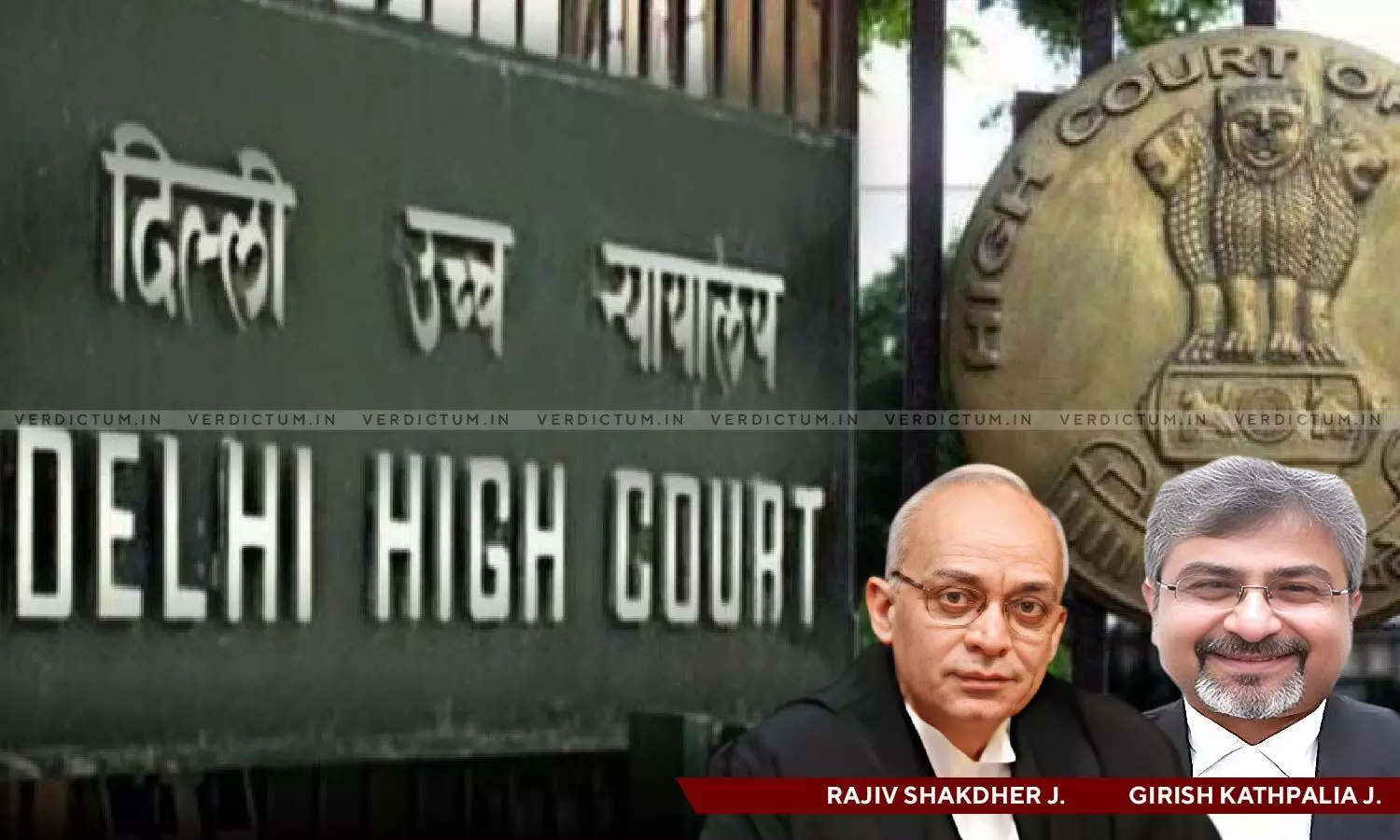
Income Tax Act| Extended Limitation Period Of 10 Years To Apply When There Is Concealment Of Rs.50 Lakhs Or More: Delhi HC
 |
|The Delhi High Court observed that an extended limited period of 10 years will be applicable in cases involving serious tax evasion, particularly when there is evidence of concealment of income exceeding Rs. 50 lakhs.
The court was dealing with a batch of Writ Petitions concerning the applicability of the period of limitation as stipulated under Section 149(1) of the Income Tax Act, 1961.
The Division Bench of Justice Rajiv Shakdher and Justice Girish Kathpalia were dealing with a common issue raised in these writ petitions whether in cases where the alleged escaped income is below the prescribed monetary threshold of Rs.50 lakhs, the period of limitation as stipulated under Clause (a) of Sub-section (1) of Section 149 of the 1961 Act would be applicable?
The Court accordingly held, "As per the Memorandum, in “normal cases”, no notice was intended to be issued if three (03) years had elapsed from the end of the relevant AY. Notice, beyond the prescribed three (03) years from the end of the relevant AY, could be issued only in a few specific cases; one such example which is given in the Bill is where the AO was in possession of evidence that escaped income amounted to Rs.50 lakhs or more."
Further clarifying, the Court stated, "In sum, the sense that one gets upon a holistic reading of the backdrop in which the new regime for reopening assessments was enacted is that where escapement of income was below Rs.50 lakhs, the normal period of limitation, i.e., three (03) years was to apply. In comparison, the extended period of ten (10) years would apply in serious tax evasion cases where there was evidence of concealment of income of Rs.50 lakhs or more in the given period."
The taxpayer had submitted before the Court that for the extended limitation period specified in Section 149(1)(b) to be applicable, which extends beyond the standard 3 years but not exceeding 10 years, the prescribed jurisdictional conditions must be met to uphold the notice issued under Section 148. They had stated that one such condition for invoking the extended limitation period is that the income liable to taxation, alleged to have escaped assessment, must be Rs. 50 lakhs or more. It is acknowledged, however, that the income in question, purportedly escaping assessment, is below Rs. 50 lakhs.
The Court also relied upon the extract of the Finance Minister's speech and the Memorandum explaining the provisions of Finance Bill 2021 to shed light on the object of bringing about amendments to Sections 147 to 151. The Bench stated, "The amendments intended to reduce litigation and compliance burden, remove discretion, impart certainty, and promote ease of doing business. It is in this light that for cases where the escapement of income was below Rs.50 lakhs, the limitation period was reduced to three (03) years, whereas for those cases where the escaped amount was Rs. 50 lakhs or more, the revenue was given leeway to enquire into those cases up to ten (10) years."
Accordingly, the Court observed that the orders made under Section 148A(d) and the subsequent notices issued under Section 148 of the amended Income Tax Act, 1961, pertaining to Assessment Years 2016–17 and 2017–18, cannot be upheld. The Court also remarked, "the “travel back in time” theory, is declared bad in law.
Cause Title: Ganesh Dass Khanna v. Income Tax Officer And Anr & connected matters [W.P.(C) 11527/2022]